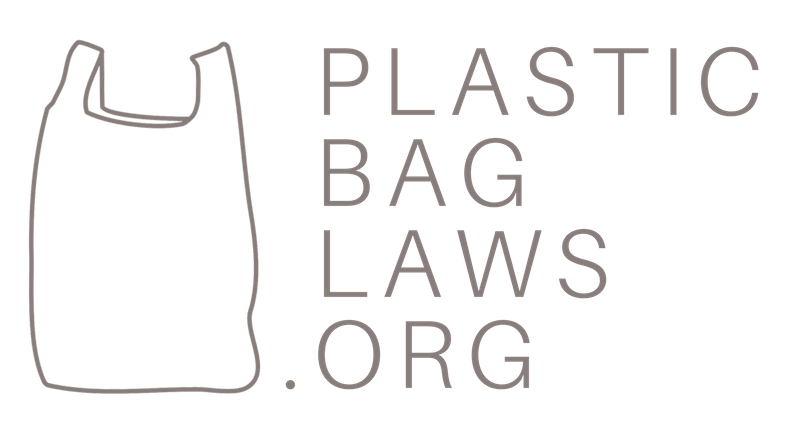Court Upholds San Francisco’s Expanded Single-Use Bag Ordinance, Rejects Plastic Industry Group’s Lawsuit
San Francisco, September 13, 2012 – In an order issued yesterday, San Francisco Superior Court Judge Teri L. Jackson rejected both of Save the Plastic Bag Coalition’s (SPBC) claims, which were brought under the California Environmental Quality Act (CEQA) and the California Retail Food Code. Thus, the first phase of implementation of San Francisco’s ordinance – which includes a ban on non-compostable plastic carryout bags and a minimum 10-cent charge on paper and reusable carryout bags at all retailers – is set for October 1st. “This ruling is particularly important to me personally because I have been volunteering with the City and County of San Francisco since 2008 crafting this ordinance. This is the most comprehensive single-use bag law in the country and we took tremendous care to make sure that the ordinance adequately addresses all environmental concerns and complies with all applicable laws,” said Jennie Romer, Esq., founder of plasticbaglaws.org. “I’m very happy to hear that the court agrees.”
“San Francisco really stood its ground on the California Retail Food Code issue, where SPBC argued that the Code preempts local plastic bag ordinances at restaurants,” said Ms. Romer. “Many other cities have backed down from this issue and removed restaurants form their ordinances after being pressured by SPBC – not because of the validity of the claim but because the claim is so obscure that most small cities did not have the resources to litigate it. This claim was basically being used as an intimidation tactic. The San Francisco City Attorney’s office really did a great job addressing this baseless preemption claim.”
San Francisco’s initial plastic bag ban only applied to supermarkets and large pharmacies. This is referred to as a “first generation” ordinance because it only addresses plastic bags. More recently, “second generation” ordinances that include a charge on paper bags have become standard in California. In 2010, an expanded “second generation” ordinance was introduced in San Francisco, but was tabled pending resolution of lawsuits in other cities regarding what type of review was required under CEQA. CEQA has been used as a tool by plastics industry groups in California, namely SPBC, to delay or overturn plastic bag ordinances by filing lawsuits against cities asserting that expensive Environmental Impact Reports (EIRs) are required.
In July of last year, the California Supreme Court ruled on the Manhattan Beach case, finding that Manhattan Beach’s negative declaration was sufficient and that an EIR was not necessary. In September of last year, the Marin County Superior Court found that a categorical exemption was applicable to Marin’s ordinance. Part of the reason that Marin’s ordinance qualified for a categorical exemption was because it is a second generation ordinance that would eliminate the harm created by plastic while also reducing also the amount of paper bags being used, thus avoiding the “unusual circumstance” exception to categorical exemptions. San Francisco also relied on this reasoning.
“This is a big victory in the fight for plastic bag reduction, because San Francisco really stood up to the plastics industry by refusing to prepare an EIR and adopting the ordinance pursuant to a categorical exemption,” said Ms. Romer.
Not surprisingly, there is one last hurdle in San Francisco’s bag ordinance saga, SPBC has requested a stay on implementation of the ordinance pending appeal of the court’s ruling. A hearing on that request is set for September 18, 2012.
# # #
See the San Francisco City Attorney’s office official press release here.
See a PDF of plasticbaglaws.org's press release here.

